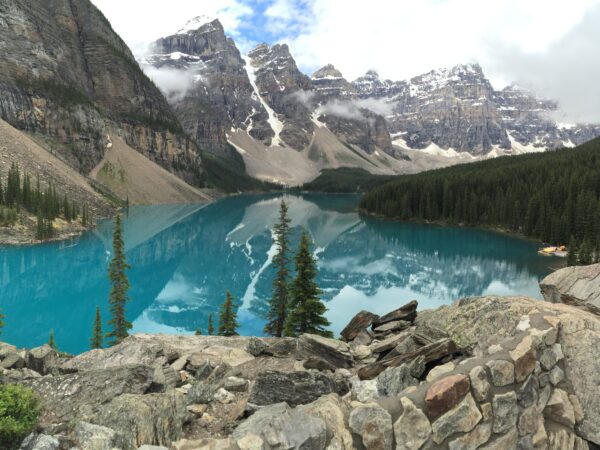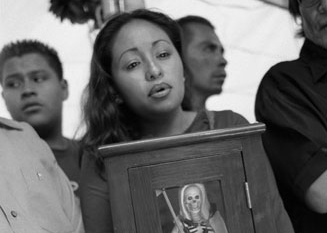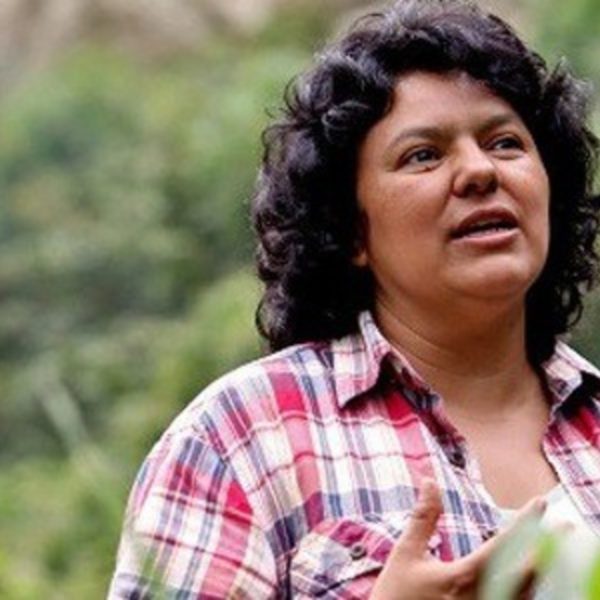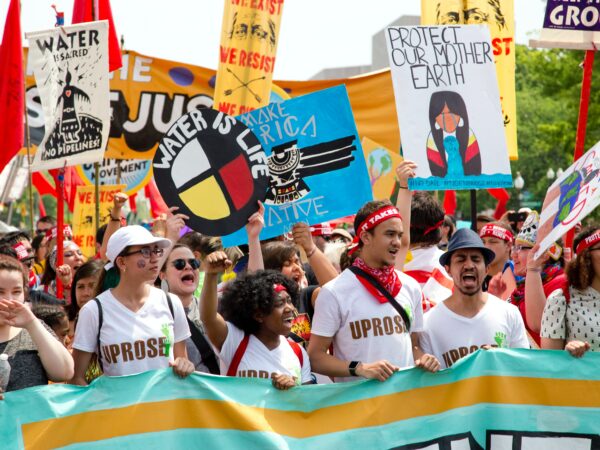
The politics of identity often has Indigenous persons grappling with the dichotomy of US empire’s labels of the Native American Indian as contaminating evil or contaminated victim. For Indigenous Christians Jesus calls on us to spurn these limiting designations, to embrace the spirit of interdependent creation, which brings us back to a family of justice and life.
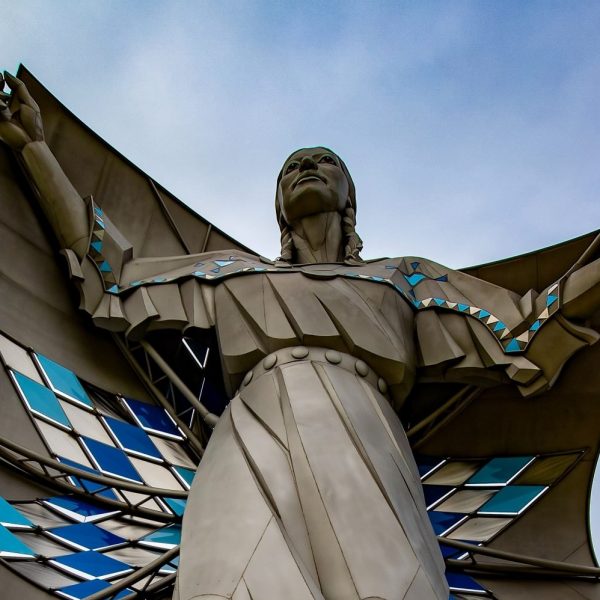
Indigenizing philosophy through the land then is more than a culturally distinct way of philosophizing… it is a process of decolonization in the form of a revitalization of the relational modes of Indigenous life grounded in land as the relational ground of kinship and human beings as grounded in and inextricably entwined with this relational kinship ground.
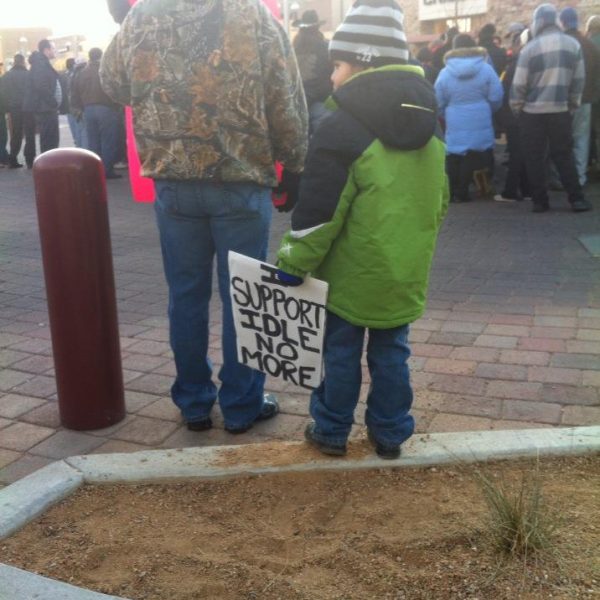
Native peoples in the Americas understand the universe as alive and sentient. All phenomena in it are understood to be a distinct expression of life force, or spirit. Since all persons – human and other-than-human – such as plants, animals, rivers, winds, and mountains are expressions of spirit, they are understood to be interconnected and contingent.
